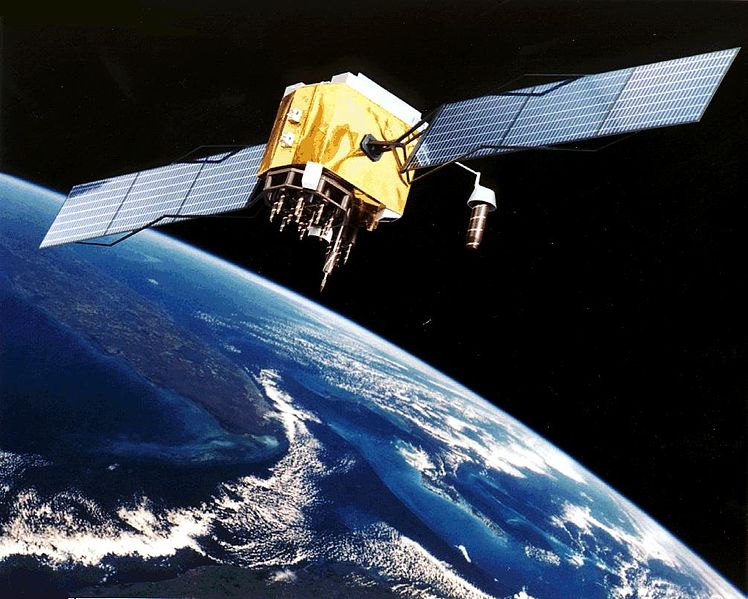Basic Principles of International Communications Regulation and Policy
As the field of telecommunications continues to expand and develop as a thriving legal practice area posing diverse and unique challenges to practitioners across the globe, the International Telecommunications Satellite Organization (ITSO) and American University Washington College of Law have established a Program on International Communications Regulation and Policy with the following objectives: (i) enhancing academic offerings, (ii) raising awareness about the international communications sector and how it can be used to implement general global policy objectives such as the Sustainable Development Goals and (iii) training professionals to act in the international communications sector.
The creation of the Program enables the law school to build upon past accomplishments, produce opportunities for formal research and scholarship, and provide a solid foundation to those aspiring to enter the international communications field.
Featured News

Satellite Technology: The Role in Development and Opportunity for Lawyers
The Director General of the International Telecommunication Satellite Organization (ITSO), Mr. Patrick Masambu, will discuss the current legal challenges for satellite technology, and the opportunities these technologies provide for economic development. He will address the international legal framework for the deployment, operation and disposal of satellites, and how they are used to achieve a more just economic development that benefits all countries worldwide. This presentation is aimed at practitioners who work in the field of satellite law, as well as students that are interested in contemporary topics of international law. The program is sponsored by the Program on International Communications Regulation and Policy at American University Washington College of Law, in cooperation with ITSO.